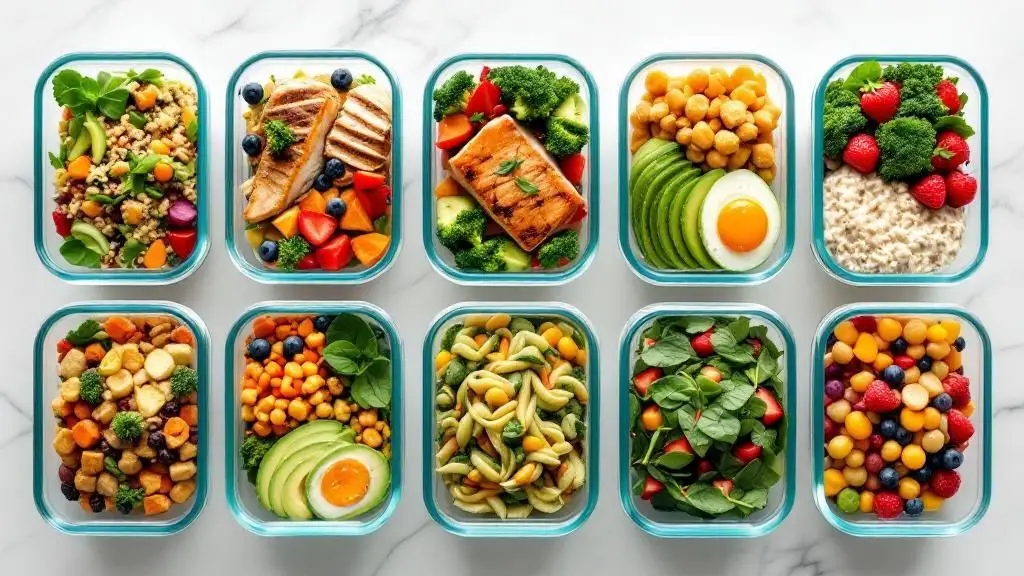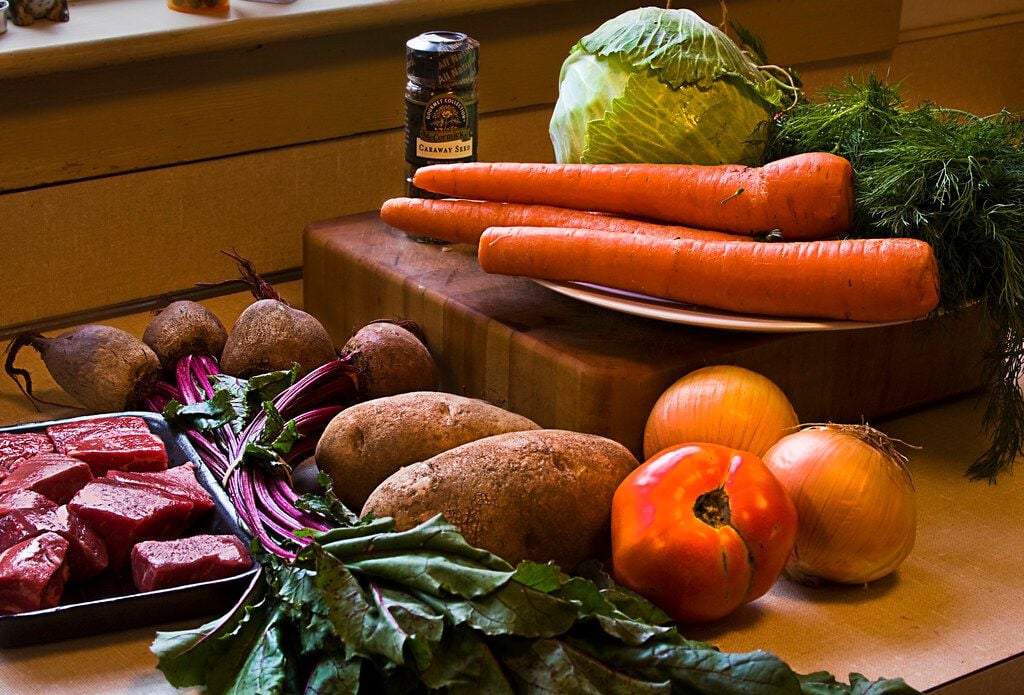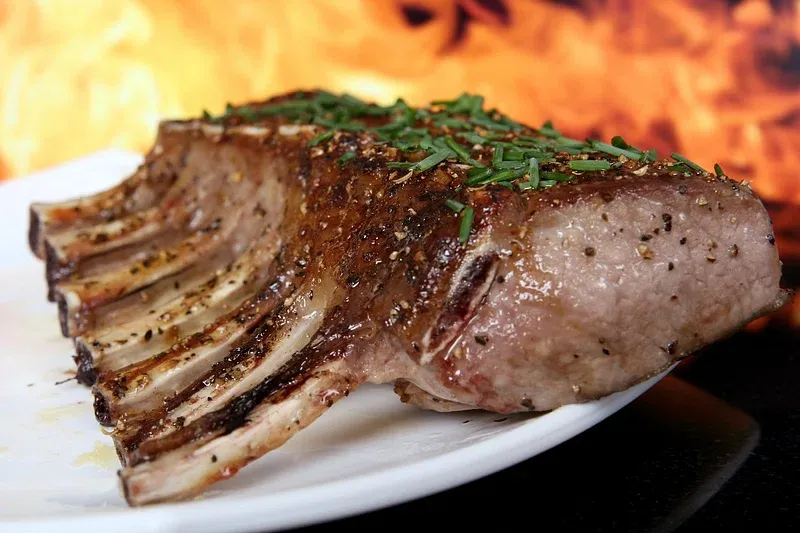
Succinct Facts about Maple Syrup: Nutritional Value and More
- Dec 17, 2023
As pancakes and waffles remain breakfast favorites, maple syrup, with its unique, sweet, caramel-like flavor, continues to be an adored companion to these classic dishes. Jen Messer, a renowned nutrition consultant and registered dietician, applauds the hint of vanilla and butterscotch present in its rich taste.
The question many consumers have is whether this delicious golden syrup brings any health benefits, making it a viable alternative to regular sugar. Maple syrup is derived from the converted starch stored by maple trees for winter. "This starch turns into sugar, which rises in the sap," says Lisa Young, PhD, RDN, a nutrition professor at New York University.
Because extracted sap is roughly 98% water, boiling is necessary to remove the water. This leaves behind a remaining concentration of sugar which becomes maple syrup. However, due to the high amounts of water removed, approximately 40 gallons of sap are needed to produce one gallon of pure maple syrup.
"Ensure you choose a high-quality, minimally processed maple syrup in order to preserve its potential health benefits," advises Messer, cautioning against artificially flavored alternatives posing as the real deal. The levels of sugar in pure maple syrup can cause health alarm, containing about 12 grams of sugar per tablespoon. This can lead to health problems like obesity, type 2 diabetes and heart disease, due to sugar overconsumption.
Maple syrup isn't all negative, however. "It's a good source of manganese, beneficial for bone health and metabolism, besides having small amounts of other minerals like iron, potassium, and zinc," says Messer. Registered dietitian nutritionist at Mayo Clinic, Kate Zeratsky, additionally points out the anti-oxidant property of genuine maple syrup, courtesy of the maple tree's nutrient-rich sap. Furthermore, its plant-based nature makes it a suitable sweetening option for vegans.
The marginal health benefits make maple syrup a somewhat better alternative to refined sugar – but moderation is key. Messer advises balancing the sweetener's rich flavor with dietary needs and recipe requirements. "Maple syrup, while having some nutritional benefits, is still a sweetener and should be consumed cautiously," she adds.






